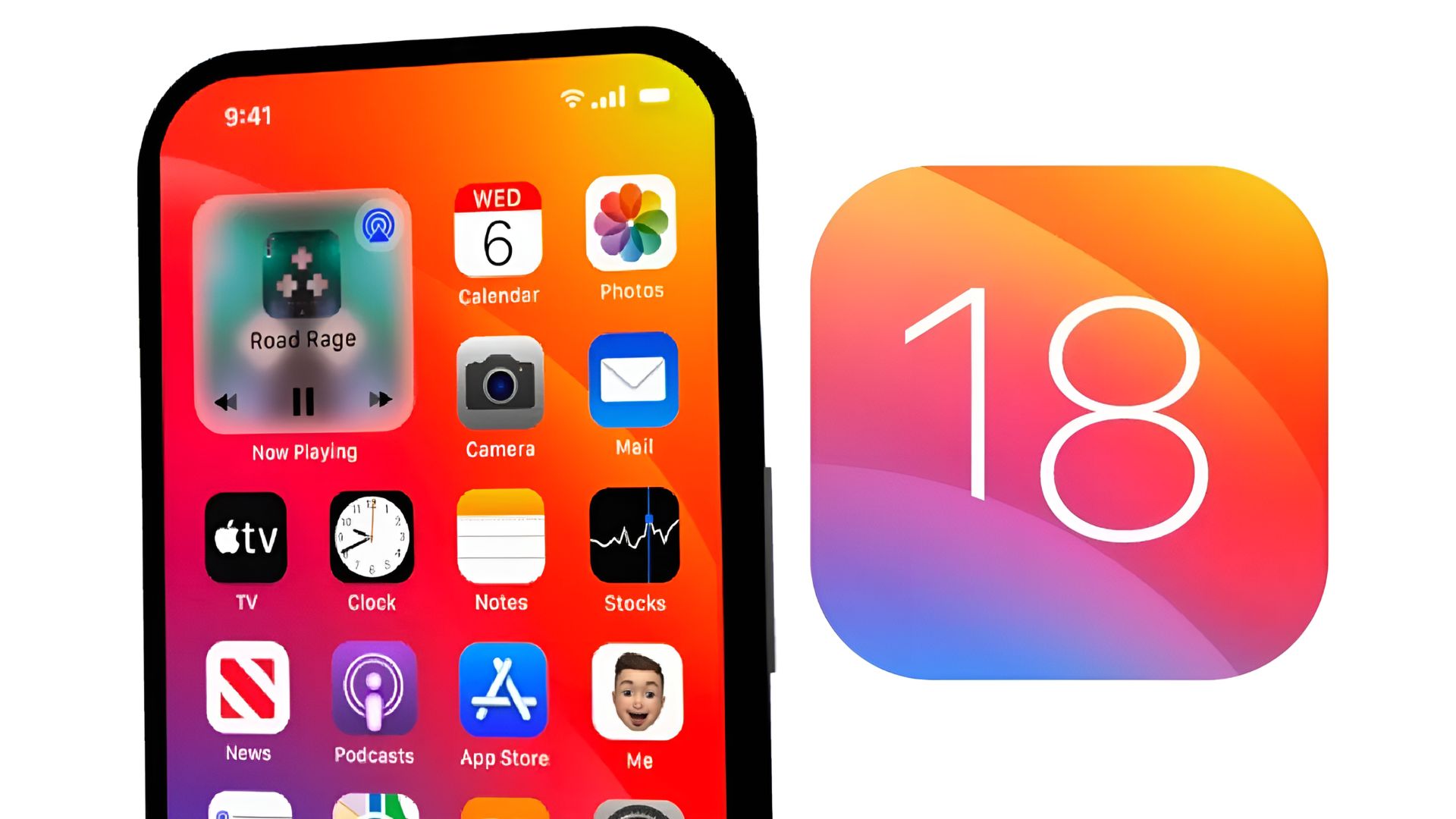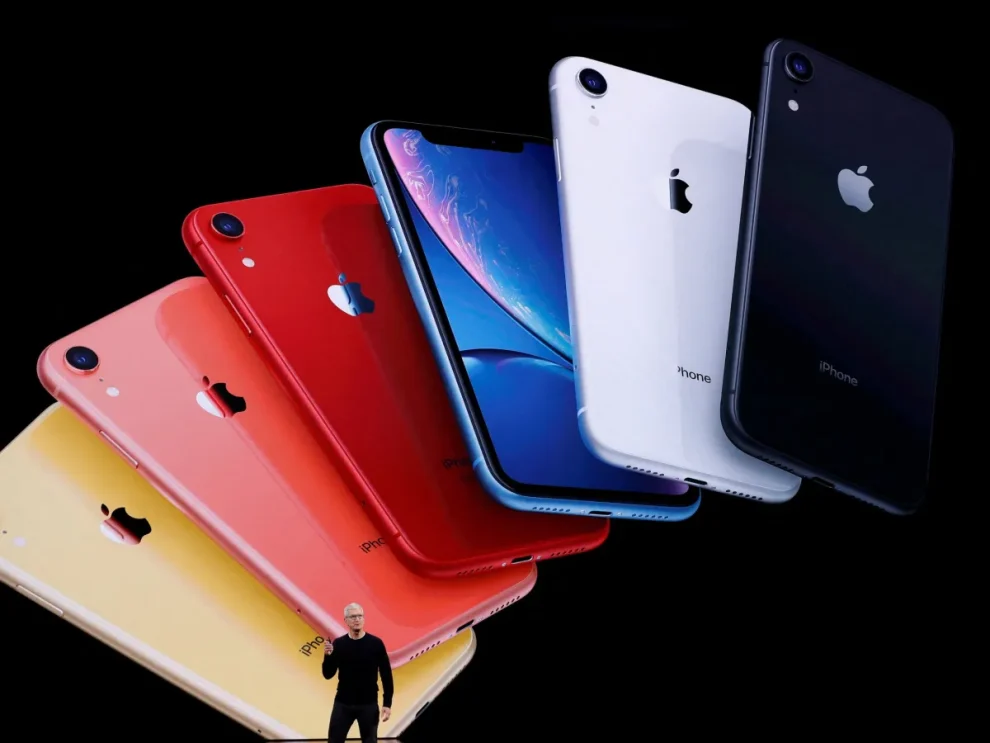Apple’s annual Worldwide Developers Conference (WWDC) unveiled a plethora of exciting advancements, with iOS 18 taking center stage. This highly anticipated update promises a significant overhaul, emphasizing personalization, improved capabilities, and the introduction of Apple Intelligence. But with every software upgrade comes the question of compatibility – which iPhones will be fortunate enough to experience iOS 18’s potential?
This article provides a definitive breakdown of compatible iPhone models and explores the reasons behind Apple’s decisions.
iOS 18: A Breath of Fresh Air for Supported iPhones
The official announcement from Apple reveals a generous list of iPhones that will be eligible for the iOS 18 update. Here’s a breakdown for iPhone users eager to know:
iPhone 15 Series (All Models)
The latest additions to the iPhone family get the full iOS 18 treatment, including the much-anticipated Apple Intelligence feature (currently in beta). This series, which includes the iPhone 15, iPhone 15 Pro, and iPhone 15 Pro Max, benefits from the newest hardware advancements, making it a perfect match for the sophisticated features of iOS 18.
iPhone 14 Series (All Models)
Last year’s flagships remain supported, offering a seamless transition to iOS 18’s functionalities. The iPhone 14 series, known for its powerful performance and enhanced camera capabilities, will continue to shine with the new update, ensuring users have access to the latest innovations.
iPhone 13 Series (All Models)
The iPhone 13 lineup, still a powerhouse in many ways, will receive the iOS 18 update, ensuring continued access to the latest features. This series includes the iPhone 13, iPhone 13 mini, iPhone 13 Pro, and iPhone 13 Pro Max, all of which will benefit from enhanced performance and new capabilities.
iPhone 12 Series (All Models)
Two generations back, the iPhone 12 series makes the cut, demonstrating Apple’s commitment to offering extended software support. This series, which brought 5G to the iPhone lineup, continues to be a strong performer and will fully support the new features and improvements of iOS 18.
iPhone 11 Series (All Models)
The iPhone 11 series, known for its camera prowess, will be able to leverage the potential of iOS 18. This series, including the iPhone 11, iPhone 11 Pro, and iPhone 11 Pro Max, remains a favorite among users for its balance of performance and affordability.

iPhone XS Series (All Models)
This marks the lower limit for compatibility. The iPhone XS series, released in 2018, will be the oldest phone to receive iOS 18. This series includes the iPhone XS and iPhone XS Max, both of which were known for their premium build and high-performance capabilities at the time of release.
iPhone SE (2nd Generation and Later)
The budget-friendly iPhone SE, starting with the second generation, remains on the supported list, offering a great value proposition with access to the latest software. This includes the iPhone SE (2020) and the newer iPhone SE (2022), both of which pack powerful performance in a compact form factor.
Farewell, Older iPhones: Understanding the Cut-Off
While the list of supported iPhones is extensive, some older models won’t be receiving the iOS 18 update. Here’s a closer look at why this happens:
Hardware Limitations
As technology progresses, newer software versions often require more processing power, RAM, and storage than older devices can provide. Running iOS 18 on an unsupported iPhone could lead to performance issues, instability, and potential security vulnerabilities. Apple designs its updates to take full advantage of the latest hardware, ensuring a smooth and efficient user experience.
Battery Optimization
Apple tailors iOS updates to optimize battery life for the specific hardware in each iPhone model. Forcing an update onto an older device might lead to a significant drain on battery life. By focusing on more recent models, Apple can ensure that users enjoy the best possible battery performance and longevity with the new software.
Cost-Effectiveness
Providing long-term software support requires resources. At some point, it becomes more cost-effective for Apple to focus on supporting newer devices that generate more revenue. This allows Apple to invest in developing innovative features and maintaining a high standard of user experience across its product lineup.
For iPhone users with models predating the iPhone XS series or the first-generation iPhone SE, this doesn’t necessarily mean it’s time for an immediate upgrade. iOS 17 will likely continue to receive security updates for some time, ensuring continued functionality. However, those who crave the latest features and security enhancements will eventually need to consider upgrading to a compatible iPhone.
The Intriguing Case of Apple Intelligence
One of the most talked-about aspects of iOS 18 is Apple Intelligence, a personal intelligence system that leverages on-device processing to provide users with highly contextual suggestions and actions. However, it’s important to note that Apple Intelligence is currently in beta and will only be available on a limited set of devices initially:
iPhone 15 Pro
The top-of-the-line iPhone 15 Pro gets early access to Apple Intelligence in beta form. This feature promises to revolutionize the way users interact with their devices, offering personalized suggestions and automating routine tasks based on user behavior and preferences.
iPhone 15 Pro Max
The larger variant of the iPhone 15 Pro also receives the Apple Intelligence beta. With its expansive display and enhanced performance capabilities, the iPhone 15 Pro Max is well-suited to showcase the full potential of this innovative feature.
Other Supported Devices (Beta)
Apple has announced that Apple Intelligence will be available as a beta on iPads and Macs powered by the M1 chip or later, with specific language and Siri settings. This limited rollout allows Apple to gather user feedback and refine Apple Intelligence before making it a wider feature. The integration of Apple Intelligence across multiple devices underscores Apple’s commitment to creating a cohesive and intuitive user experience.
The Road Ahead: What to Expect from iOS 18
The official release of iOS 18 is expected in September 2024, alongside the iPhone 16 lineup. Here’s a glimpse into some of the exciting features iPhone users with compatible devices can look forward to:
Home Screen Revolution
iOS 18 offers a major redesign of the Home Screen, allowing users to break free from the rigid grid layout. Icons and widgets can now be placed anywhere on the screen, providing greater flexibility and personalization. This new design also includes dynamic widgets that update in real-time, giving users immediate access to relevant information.
Enhanced Privacy Features
Building on its reputation for privacy, Apple introduces new features that give users even more control over their data. This includes improved tracking prevention, enhanced permissions for location and microphone access, and a new privacy dashboard that provides a comprehensive overview of how apps use personal data.
Advanced Multitasking
iOS 18 enhances multitasking capabilities, allowing users to run multiple apps simultaneously with greater ease. The introduction of a new multitasking menu and split-screen functionality makes it easier to switch between tasks and improve productivity.
Smarter Siri
Siri gets a significant upgrade with iOS 18, leveraging the power of Apple Intelligence to provide more accurate and context-aware responses. This includes the ability to handle complex queries, perform tasks autonomously based on user behavior, and integrate seamlessly with third-party apps.
Improved Messaging
The Messages app sees several enhancements, including new tools for managing group chats, advanced search capabilities, and the introduction of message threads. These features make it easier to stay organized and find important conversations quickly.
Augmented Reality (AR) Enhancements
Apple continues to push the boundaries of AR with iOS 18, introducing new AR experiences and tools for developers. This includes improved ARKit functionality, new APIs for creating immersive experiences, and enhanced support for AR glasses and other devices.
Conclusion
iOS 18 represents a significant leap forward for Apple’s mobile operating system, bringing a host of new features and improvements to enhance the user experience. While not all iPhone models will be able to support the new update, those that do will benefit from enhanced performance, improved privacy, and innovative new capabilities.
For users of older iPhone models, the decision to upgrade will depend on their individual needs and preferences. With continued support for iOS 17 and the potential for security updates, there is no immediate rush to upgrade. However, for those who crave the latest features and the best possible performance, the new iPhone models and iOS 18 offer a compelling reason to make the switch.
As Apple continues to innovate and push the boundaries of what is possible with mobile technology, iOS 18 stands as a testament to the company’s commitment to providing a seamless, secure, and highly personalized user experience. Whether you are a long-time iPhone user or considering your first Apple device, iOS 18 promises to deliver a fresh and exciting journey into the future of mobile technology.
















Add Comment